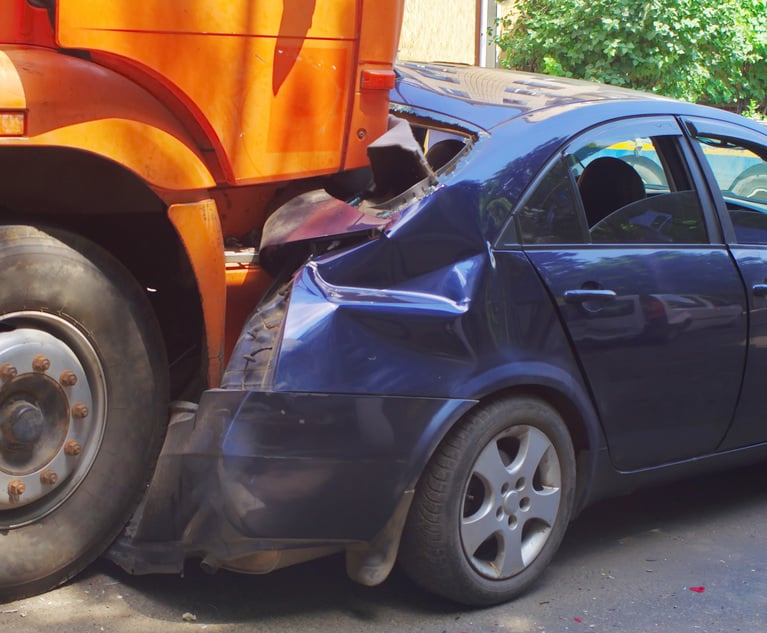In the last decade, the National Highway Traffic Safety Administration (NHTSA) asked repairers and franchised new car dealers to install airbag deactivation switches in certain vehicles. Repairers and dealers responded slowly to participation in the deactivation program. NHTSA pressed our organization to discuss how we might encourage repairers to install the deactivation switches. What was evident was the lack of awareness of the potential risk to repairers for the deactivation switch installations.
As negotiations continued, NHTSA inquired about the prevalence of salvage airbags in the automotive service and repair industry. Insurers that have a significant presence in providing insurance to the independent repair-dealer marketplace were included in the discussions. All of the insurers made it clear that they had no salvage airbag policy at that time, relative to coverage for businesses involved in collision repair. The same insurers expressed some reservation about the use of salvage airbags.
The Automotive Service Association (ASA), an independent automotive repair association, has long opposed the use of salvage air bags in the repair of customers' vehicles because of safety concerns. While the use of salvage air bags can reduce cost, ASA believes that safety could be severely compromised and that shop owners could be placed at risk for installing salvage air bags.
Want to continue reading?
Become a Free PropertyCasualty360 Digital Reader
Your access to unlimited PropertyCasualty360 content isn’t changing.
Once you are an ALM digital member, you’ll receive:
- All PropertyCasualty360.com news coverage, best practices, and in-depth analysis.
- Educational webcasts, resources from industry leaders, and informative newsletters.
- Other award-winning websites including BenefitsPRO.com and ThinkAdvisor.com.
Already have an account? Sign In
© 2024 ALM Global, LLC, All Rights Reserved. Request academic re-use from www.copyright.com. All other uses, submit a request to [email protected]. For more information visit Asset & Logo Licensing.








